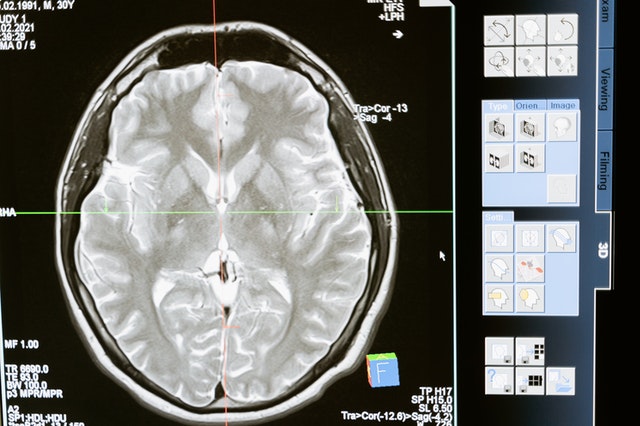It is well documented that alcohol has several adverse effects on both short- and long-term health. While organ damage is the most prevalent effect of long-term and excessive alcohol consumption, recent studies indicate there may also be a link between alcohol and dementia. However, the link is tenuous, and its strength depends on how much alcohol an individual consumes on a weekly basis.
Whether you’re a drinker or a non-drinker, or if you worry about your alcohol use, it may be helpful to understand how alcohol affects the brain. With an understanding of the link, you may gain the knowledge and motivation necessary to change your lifestyle for the better.
Is Alcohol Consumption a Risk Factor for Dementia?

Alcohol can be a risk factor for dementia, but it’s not always. Excessive alcohol consumption over a considerable length of time has been known to contribute to brain damage and eventual dementia. Per multiple studies from both the National Institute for Health and Care Excellence and Alzheimer’s Disease International, individuals who binge drink or drink heavily on a regular basis are more likely to develop Alzheimer’s or other forms of dementia than their moderately-drinking counterparts.
That said, there are no conclusive studies that show that, when consumed in moderation, alcohol increases one’s risk for dementia. Neither, however, is there evidence that suggests that moderate alcohol use protects the brain against damage and memory loss.
What Do These Conclusions Mean for You?

Unfortunately, the conclusions don’t tell you much. If you drink alcohol moderately, researchers don’t necessarily urge you to stop — at least, if your goal is to reduce your risk of dementia. Neither, however, do they encourage non-drinkers to start. The only thing researchers can safely conclude from existing findings is that, if you tend to drink heavily, your brain health may benefit by cutting back.
What Is “Moderate” Alcohol Consumption?

If you enjoy your nightly glass of wine or evening cocktail, you may worry that your alcohol use falls out of the “moderate” category and leans more toward “heavy.” Before you start to panic, know that “moderate” alcohol use is a generous term. Women who drink moderately consume one to 14 units of alcohol per week. Men who drink moderately consume one to 21 units of alcohol in the same amount of time.
Note that a unit does not refer to a single drink. Rather, a unit of alcohol is measured by the amount of pure alcohol in a given volume. For an idea of how much alcohol may be in your favorite beverage, consider the following:
- One glass (175 mL) of wine is two units.
- A single shot of spirits, such as vodka, whiskey or rum is one unit.
- A single pint of low-alcohol beer or cider (3.6% or lower) is two units.
- A single pint of high-alcohol beer or cider (5.2%) is three units.
What this means is that if you drink a single glass of wine a night or two cocktails per night, your alcohol consumption falls within the moderate range, and that your future brain health is likely A-okay.
What Should You Take Away From This Information?

The most conclusive findings indicate that excessive alcohol consumption does increase one’s risk of developing dementia later in life. That said, if you are to take anything away from this information, it is that you should keep your alcohol use in the fair to moderate range. If you struggle to do that, it may be best for your current and long-term health to cut alcohol out of your life entirely, at least for the time being.














